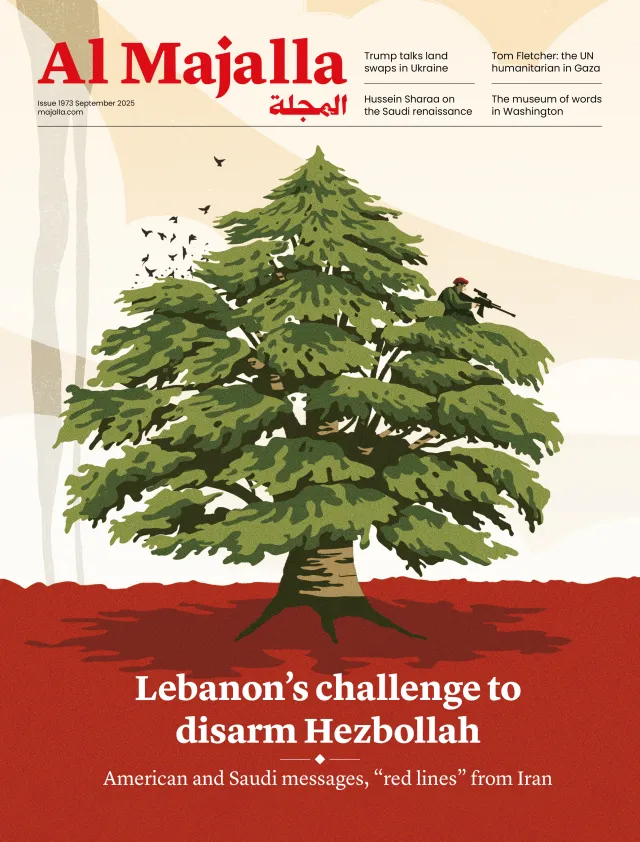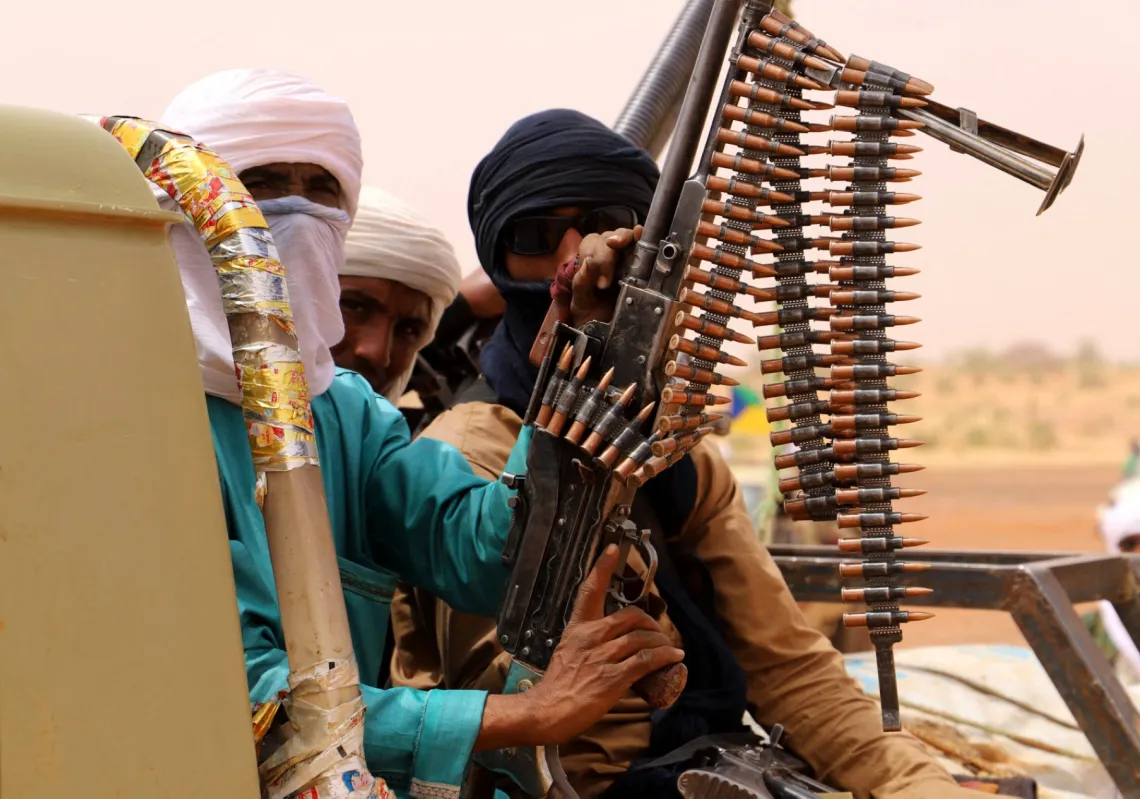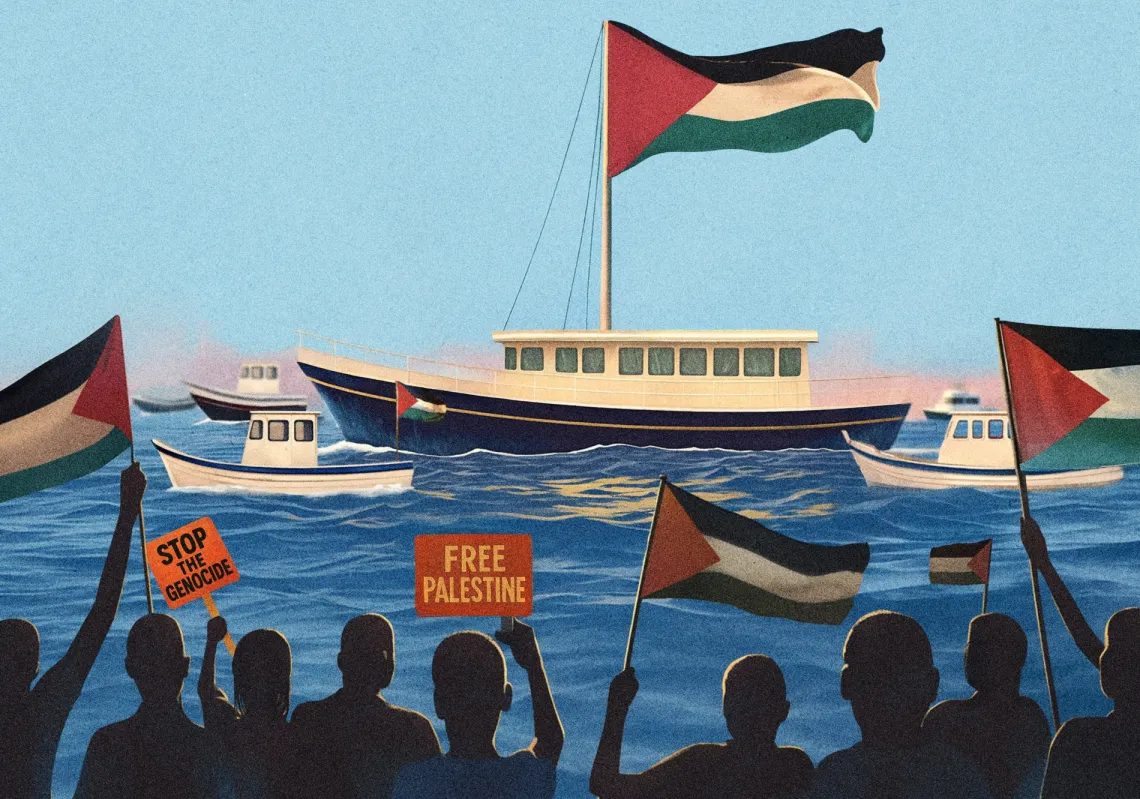How do extremist organizations recruit their members? Relying on disenchanted youth is never as easy as when unemployment is high, population growth is up, and inter-cultural tension is on the rise. But beyond the right conditions, organizations like Al-Qaeda and Hezbollah seem to have come to the same conclusion. It’s not enough to wait for recruits to come to them—like missionaries, they seek out individuals who might be groomed to sympathize with their violent cause.
Although previously the two organizations have relied on traditional tactics, both seemed to have embraced a newfound appreciation for the possibilities of employing pop culture as a means of publicizing their propaganda. With Al-Qaeda recently producing its first English language magazine, Inspire, and Hezbollah constructing what has been dubbed, a “terrorist theme park,” both organizations seem to exhibit an awareness that indoctrination can be facilitated through some kind of pop-cultural appeal.
Organizations will inevitably try to recruit members and increase their influence, so what makes Inspire magazine and Mleeta resort a cause of concern? After all, there is no reason why extremist organizations won’t follow earlier examples of propaganda use. The shock that both the magazine and the theme park have inspired, no pun intended, seems to originate from the fact that as extremist organizations their ideology doesn’t have an obvious “mass appeal.” What if that changes as a result of these initiatives? The prospect of their success in creating a cultural hegemony can be overwhelming.
Take Inspire for example. The magazine which features articles like "How to Make a Bomb in the Kitchen of Your Mom" and "What to Expect in Jihad," exemplify a significantly different approach to recruitment than that which Al-Qaeda has relied on in the past.
Inspire, which is run by the Yemen branch of Al-Qaeda, is edited by Anwar Al-Awlaki, the cleric who recruited the Christmas Day bomber, Umar Farouk Abdulmutallab, and Nidal Malik Hassan, the perpetrator of the Fort Hood shootings. Al-Awlaki, who asks readers to contribute their own articles and suggestions, has been at the forefront of recruiting the US’s “home grown terrorist” problem. Analyses of the content of Inspire correlate to Al-Awlaki’s past involvement in terror attacks, as they suggest that the magazine’s main objective is to continue recruiting English speaking Muslims from inside the United States and Europe—perhaps as a response to the military defeats and the consequent complications it creates for recruitment in the Middle East and Asia.
The release of the magazine has caused a degree of outrage and shock in Western media. FP asks, “Is the magazine even any good?” To which it responds that it is not, and instead appears as an ill-fated art project on a Microsoft Publisher for a few hours. Regardless of its sub-par quality, Bruce Reidel, former CIA officer and Senior fellow at the Brookings Institution, notes, “From the standpoint of al Qaeda, it’s not intended to be a bestseller. They’re just looking for one guy who will be inspired by this to bomb Times Square, and this time maybe he will put together the bomb correctly.”
Mleeta, Hezbollah’s theme park, has produced an equally visceral reaction, although its efforts at indoctrination appear to target an entirely different demographic. The park which is located in the Lebanese mountain town by the same name, is an indoor/outdoor museum devoted to the guerilla group’s many wars with Israel.
A military museum is nothing new, however. London is home to the Imperial War Museum; the US has various museums in place to commemorate past wars as well. Perhaps why Mleeta is shocking is because it isn’t just a museum meant to commemorate a war, or even present a specific narrative about Hezbollah’s conflict with Israel. Apart from housing a former Israeli military bunker, the guide to HezbollahLand aims to “build motels, playgrounds, camping areas, even spas or swimming pools so that all the visitors—especially our people—can come here and spend their vacations.”
In other words, more than creating a narrative about war or propaganda against Israel, Mleeta aims to militarize the community’s way of life. To incorporate leisure activities from playgrounds to spas in the narrative of Hezbollah’s conflict with Israel is a clear attempt to sever any distinction that Lebanese might have from their way of life with their relationship with Israel.
A dangerous combination, both Inspire and Mleeta suggest that extreme violence and the ideologies that justify it can be presented in the most light-hearted way.







